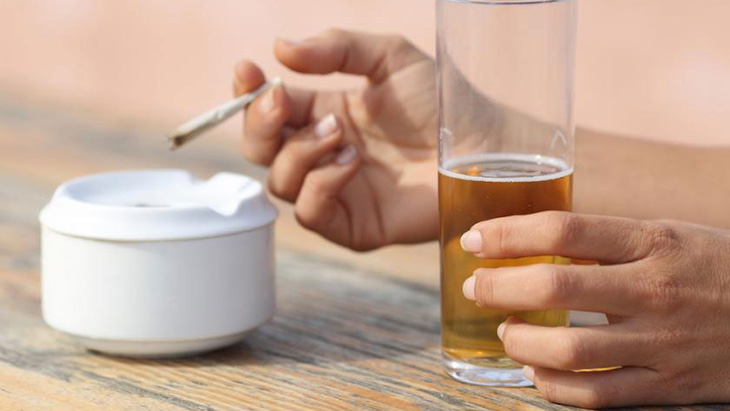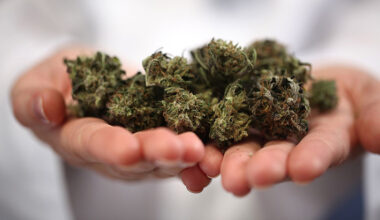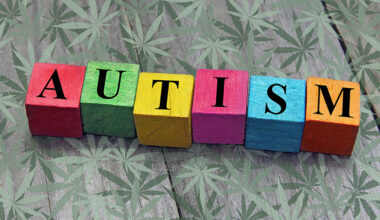
Retail sales of beer declined in Canada following the legalization of the adult use marijuana market, according to data published last week in the journal Drug and Alcohol Dependence.
A team of Canadian investigators analyzed alcohol sales in the years prior to and following legalization. They documented “modest [but] economically meaningful” declines in the sales of canned and kegged beer, but they did not identify a similar decline in sales of either bottled beer or spirits.
The study’s authors concluded: “We found that non-medical cannabis legalization was associated with an immediate decline in beer sales. Furthermore, beer sales continued to decline in the post-legalization period, suggesting that individuals are moving away from beer towards legal cannabis. … While increased use of cannabis is not necessarily harmless and further research is needed to understand the health effects of the switch from alcohol to cannabis, the reduction in beer sales associated with the non-medical cannabis legalization suggests that individuals are likely not using alcohol and cannabis concurrently.”
NORML’s Deputy Director Paul Armentano, co-author of the book Marijuana Is Safer: So Why Are We Driving People to Drink? (2013, Chelsea Green Publishing), said that data from the United States similarly reports dips in alcohol sales following the enactment of marijuana access laws. However, he cautioned that studies assessing whether alcohol and cannabis act as either compliments or substitutes have typically yielded inconsistent results.
According to a meta-analysis of the applicable literature, published in the Journal of Psychopharmacology in 2020, “30 studies found evidence for substitution, 17 for complementarity, 14 did not find evidence for either, and four found evidence for both.”
Data recently provided by the Centers for Disease Control and Prevention reported that from 2016 to 2021, deaths in the United States from excessive drinking among males increased from 94,362 per year to 119,606. Among females, alcohol-related deaths increased approximately 35 percent, from 43,565 per year to 58,701.
Full text of the study, “Association between non-medical cannabis legalization and alcohol sales: Quasi-experimental evidence from Canada,” appears in Drug and Alcohol Dependence.
Related
Medical Disclaimer:
The information provided in these blog posts is intended for general informational and educational purposes only. It is not a substitute for professional medical advice, diagnosis, or treatment. Always seek the advice of your physician or other qualified healthcare provider with any questions you may have regarding a medical condition. The use of any information provided in these blog posts is solely at your own risk. The authors and the website do not recommend or endorse any specific products, treatments, or procedures mentioned. Reliance on any information in these blog posts is solely at your own discretion.





